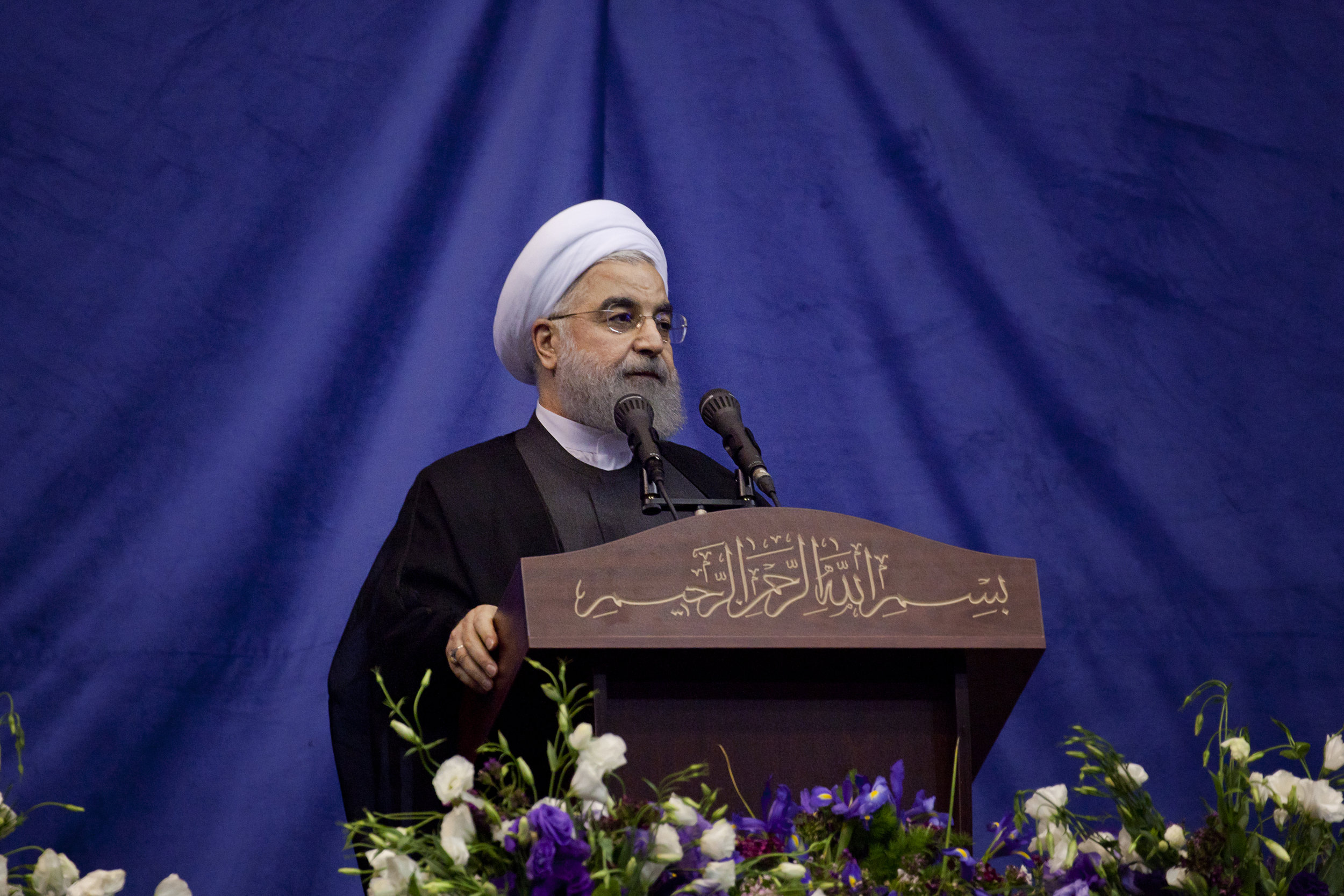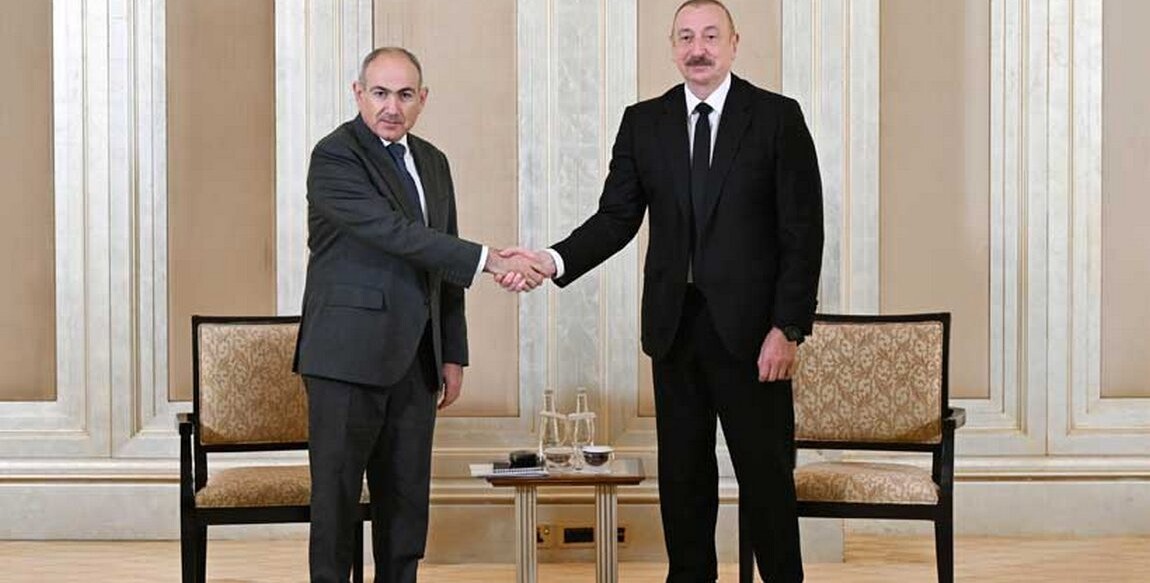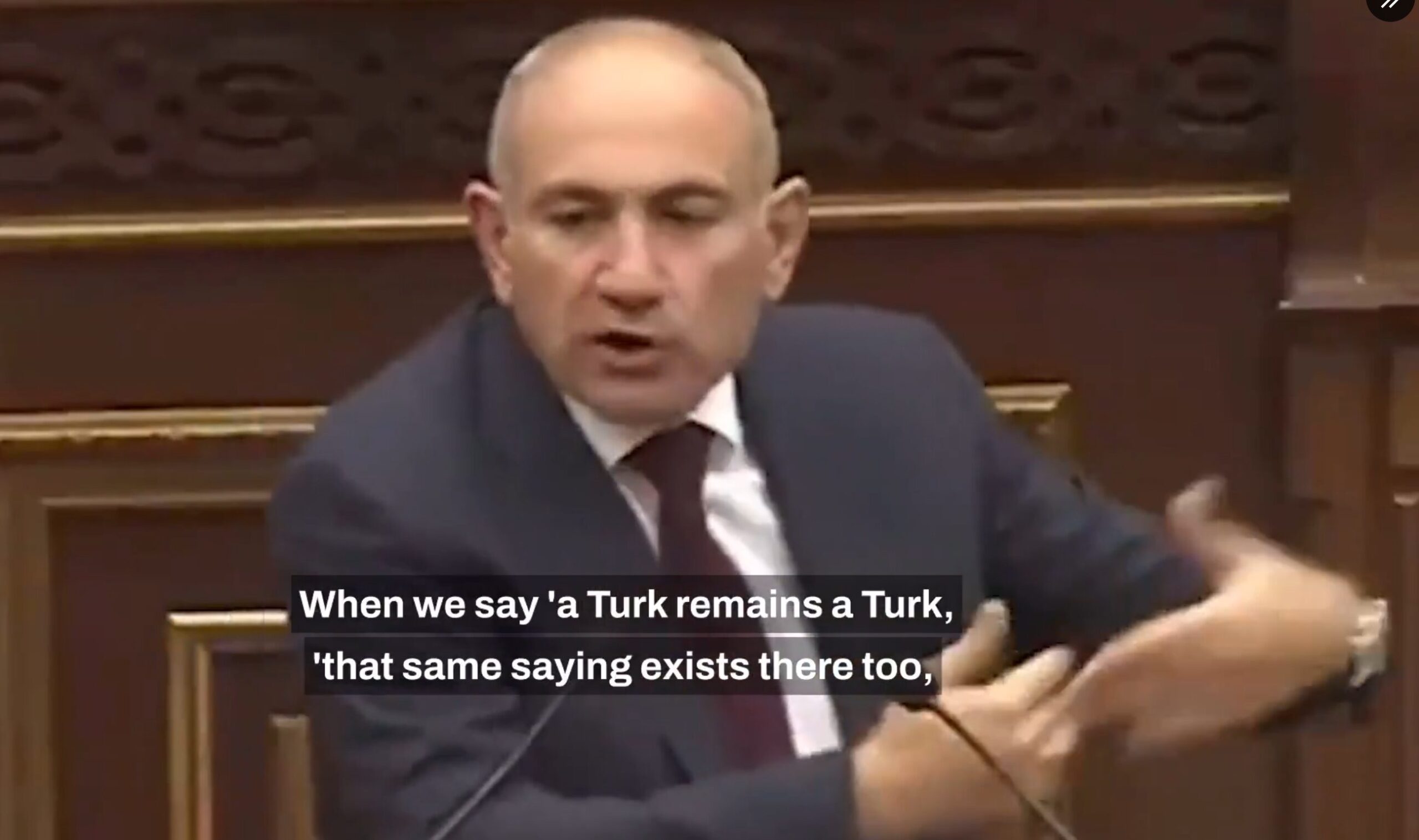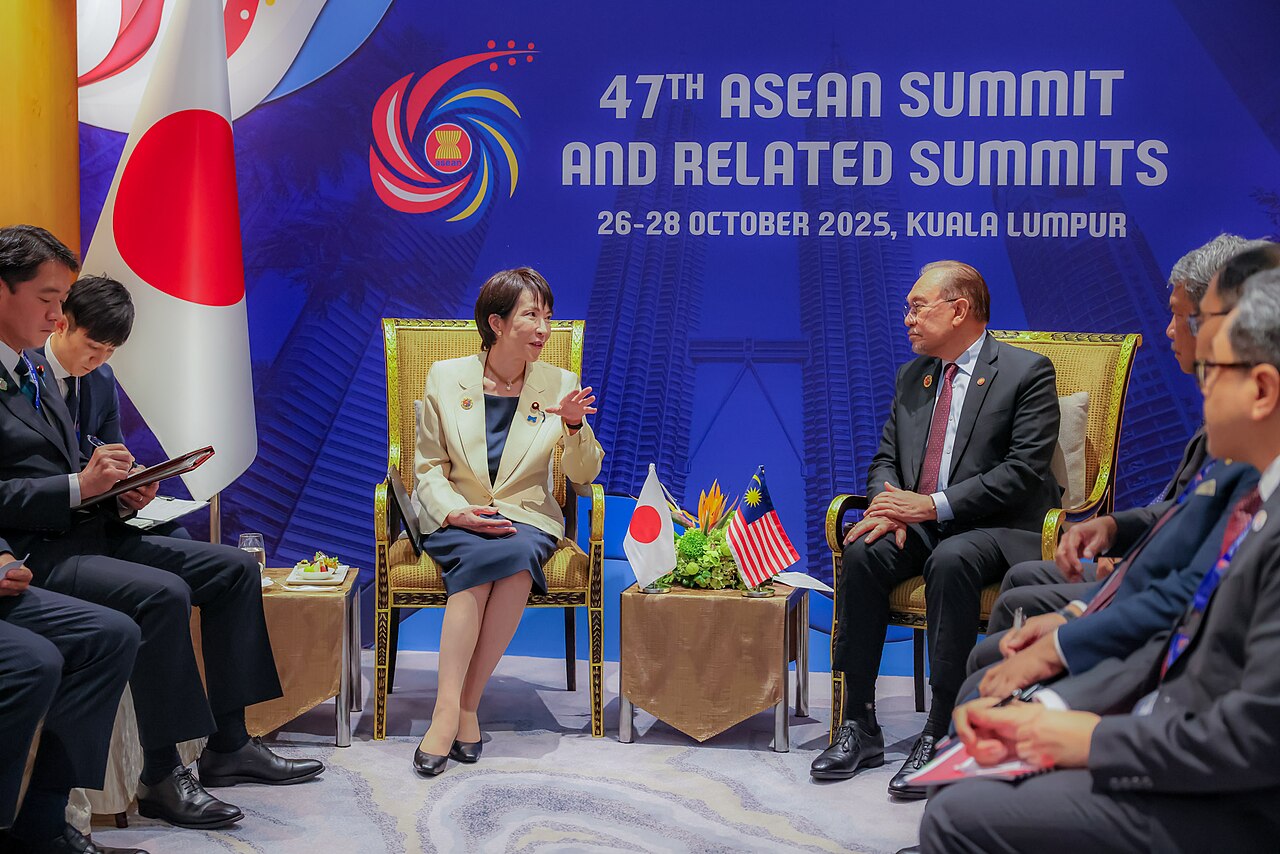PICTURED: Mohammad Javad Zarif during the Munich Security Conference 2019. Photo credit Wikimedia Commons, CC license, Germany.
Monday, Jun 10th, 2019. Announcements coming out of Germany indicate that a trade program to circumvent U.S. sanctions on Iran is currently being readied for implementation in an attempt to save the 2015 JCPOA Iran nuclear deal.
German Foreign Minister Heiko Maas met Iranian President Hassan Rouhani and Foreign Minister Mohammad Javad Zarif in Tehran to discuss the plan after roughly two months of escalating tensions between the United States and Iran.
Europe’s part to play in the 2015 JCPOA was to act as a guarantor for Iran’s oil industry and to protect the nation from crippling economic sanctions the Obama administration had lifted after Iran signed the treaty. President Trump withdrew from the JCPOA and reimposed what Obama described as “crippling economic sanctions,” against Iran for reasons which seemed to indicate the desire for a different deal.
David and Goliath
In early May, Tehran delivered a striking ultimatum to Europe by demanding they hold up their end of the bargain and protect Iranian oil exports from U.S. abuse. If Europe did not intervene after a 60-day period, Iran would begin enriching uranium to pre-treaty levels.
Continue Exploring — Iran Wants EU Protection From US Sanctions, Declares ‘“Surgery” On Nuclear Deal
While this stalemate played out, numerous stirrings of pre-war maneuvering began to filter out of Washington. The New York Times reported in early May that half a dozen national security officials, under the curtain of anonymity, shared details of a meeting where senior defense and intelligence officials, including John Bolton, Acting Defense Secretary Patrick Shanahan, Gina Haspel, the C.I.A. director, and Chairman of the Joint Chiefs, Gen. Joseph Dunford, discussed a plan to send 120,00 troops to Iraq and other middle-eastern bases in case Iran makes any aggressive moves in the region.
While President Trump dismissed this as fake news, by Thursday’s shadow meeting he had already ordered the USS Abraham Lincoln carrier battle group and a squadron of B-52 bombers into the region.
On Monday, May 4th oil tankers at the port of Fujairah, UAE, were damaged in what Emirati officials described as “acts of sabotage”. Two belonged to Saudi Arabia, one to Norway, and the other was Emirati.
Iran’s foreign minister, Zavad Zarif, tweeted afterwards he predicted in April that incidents that could worsen the situation would be carried out by American proxies, while anonymous U.S. military and intelligence staff accused Iran of the same thing.
PICTURED: Iranian President Hassan Rouhani. Rouhani and Foreign Minister Zarif have been on the offensive since the sanctions were re-imposed, while also displaying remarkable temperance.
Down Goes Goliath
Even after all this Iran has not backed off, but rather seems to have won the showdown, with Germany swooping in to shield Iran’s economy.
German Foreign Minister Heiko Maas said earlier the payment system, known as INSTEX, (Instrument in Support of Trade Exchanges) will soon be ready to go after months of work.
“This is an instrument of a new kind so it’s not straightforward to operationalise it,” he said, pointing to the complexity of trying to install a totally new payment system.
“But all the formal requirements are in place now, and so I’m assuming we’ll be ready to use it in the foreseeable future,” he added.
Maas explained that France, the UK, and Germany are all committed to fulfilling their end of the JCPOA bargain and urges a de-escalation of tensions in the region, stating that war would “not be in line with the interests of any party”.
Not relinquishing an inch, Tehran said on Monday that She would consider negotiating with the U.S. if it halts “economic terrorism” against the Iranian people.
“We will think about the rhetoric and words when they are accompanied with actions and change of attitude. The best example would be a decrease in pain and suffering of the Iranian people caused by the illegal and targeted pressure by the US government against the Iranian nation,” said Foreign Minister Spokesmen Abbas Mousavi.
Continue Exploring — Pompeo’s Irregular Executive Arms Sale Suggests Dual Motives And Questionable Legality



